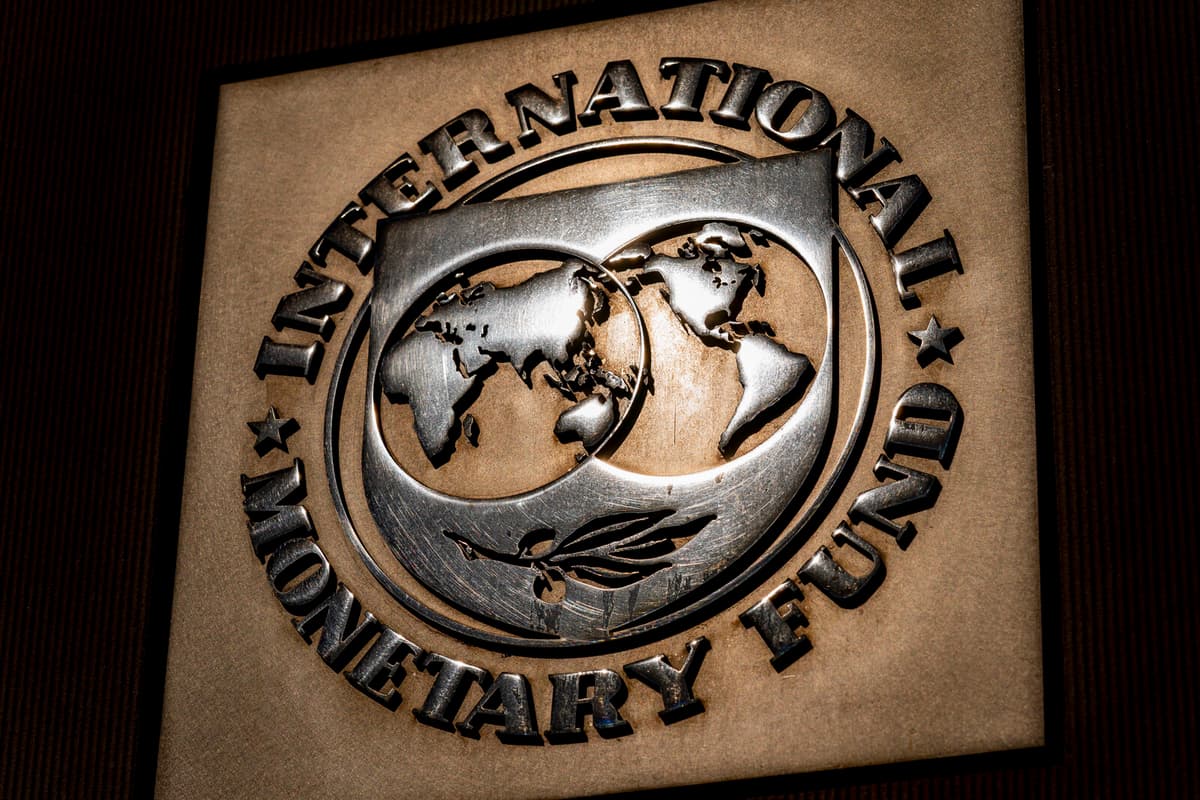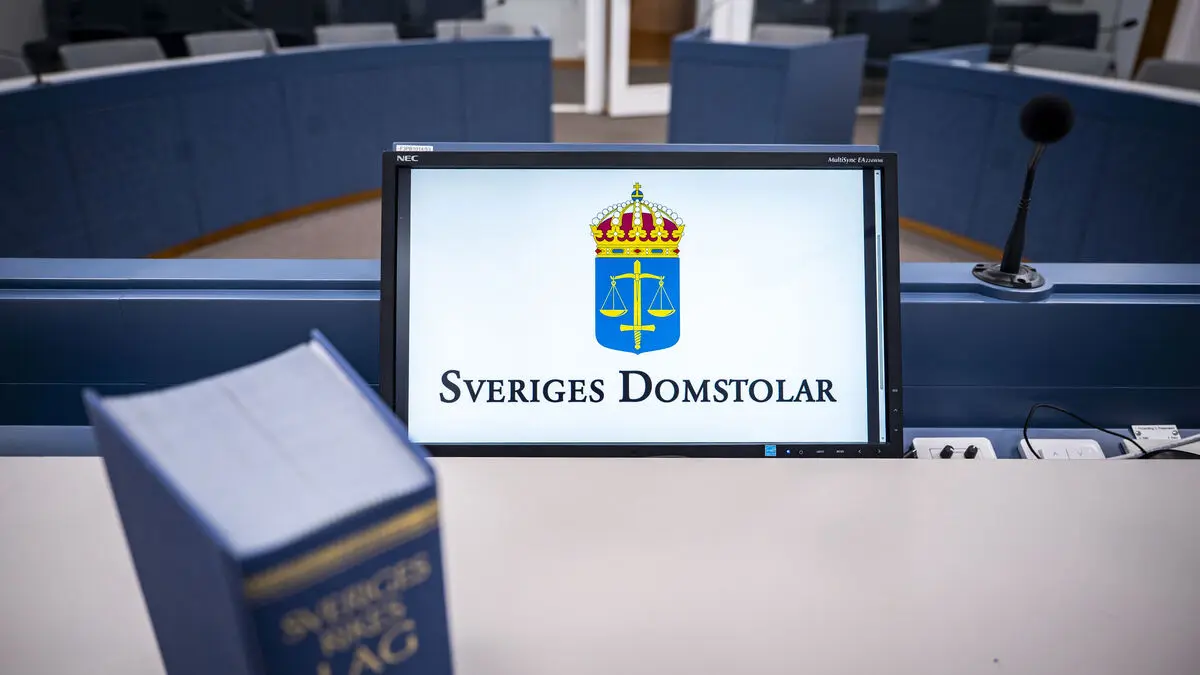Sweden is recovering and inflation is under control. However, the risks are significant for the Swedish economy in the increasingly fragmented global economy, marked by geopolitical conflicts and protectionism, according to the IMF delegation.
Given the current situation and the risk of increasingly high global trade barriers, it is crucial for Sweden – and all EU countries – to do what is necessary at home, says Pelin Berkmen, who led the delegation, at a press conference.
Don't take consumption boost for granted
She specifically points out structural reforms that promote productivity in Sweden. But also that one should invest in increased integration in the EU's internal market, regarding the flow of labor, capital, and services to cover up for feared setbacks when it comes to exports to other countries outside the EU.
The boost in domestic consumption that many economists count on after the Swedish Central Bank's interest rate cuts should not be taken for granted, according to Berkmen.
She describes both fiscal policy stimuli and the Swedish Central Bank's cuts so far as well-balanced, but does not rule out that further interest rate cuts may be needed.
She has, among other things, met with Swedish banks during her Sweden visit. They appear profitable and well-capitalized, according to Berkmen.
This gives them flexibility to use their profits, for dividends or for more lending, she says.
But banks must keep large buffers, warns Berkmen. She sees continued significant risks in the Swedish financial sector, linked to high indebtedness and problems in the real estate sector.
Tough for young people
Sweden must also handle the consequences of an aging population. Moreover, the IMF notes – as they have done before – that there are significant barriers for young people entering the Swedish housing market.
This may require structural reforms in the Swedish rental and housing market – including when it comes to taxation.
The government gets a thumbs-up from the IMF for phasing out the interest deduction on loans without collateral. But more may be needed, according to Berkmen:
We would welcome, on top of that, a mapping of the benefits and costs of abolishing the interest deduction on mortgages.
A property tax should also be considered.
A full IMF report from the so-called Article IV consultation, which Berkmen has completed, is expected later this spring.






